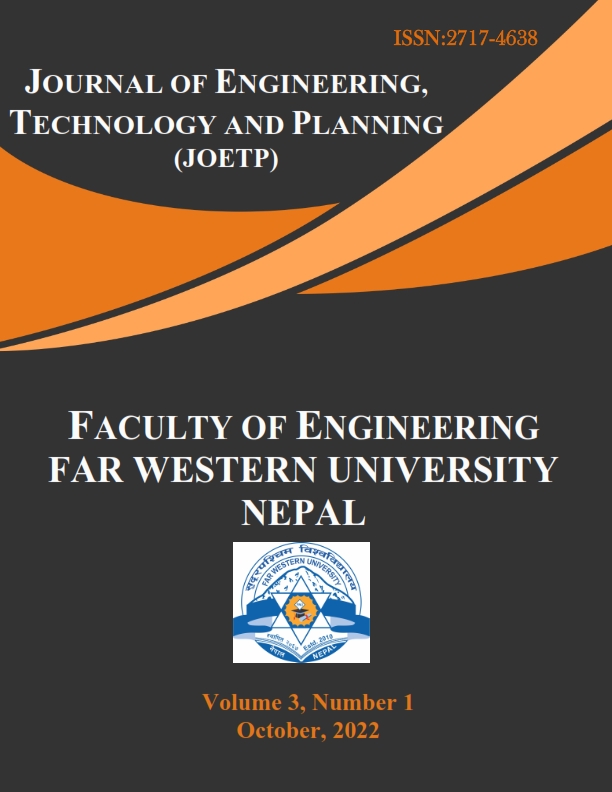Geographical Information System (GIS) as a Planning Support System (PSS) in Urban Planning: Theoretical Review and its Practice in Urban Renewal Process in Hong Kong
DOI:
https://doi.org/10.3126/joetp.v3i1.49611Keywords:
Geographic Information System, Planning Support System, Urban Planning, Urban Renewal, Hong KongAbstract
Planning Support system (PSS) is considered essential to urban planning specifically to make decisions or choices about alternative ways of using available resources, with the aim of achieving particular goals in future. Geographical Information System (GIS) has been used extensively in urban planning activities, whereas PSS are a class of geo-information systems composed of data/information, models and visualization tools that are primarily developed to support different phases of the planning process and its function. In this context, the GIS-based planning support systems is supposed to allow planners and citizens to quickly and efficiently create and test alternative development scenarios and determine their likely impacts on future land use patterns, associated population and employment trends, thus allowing public officials to make informed planning decisions (Ospina, 2004). Based on the archival research, this study aims to explore (i) the theoretical discourse underpinning the Geographical Information System (GIS), Planning Support System (PSS) and use of GIS as a PSS in the urban planning; (ii) the practical implication of GIS as a PSS with reference to the case of urban renewal process in Hong Kong; and (iii) key opportunities as well as limitations of use of GIS as a PSS in Urban Planning Process. This paper contributes to enrich theoretical discourse on use of Computer based technologies such as GIS as a fundamental tool in Planning Support Systems specifically to promote effective and efficient decision-making and urban planning process.
Downloads
Downloads
Published
How to Cite
Issue
Section
License
Copyright © Faculty of Engineering, Far Western University

